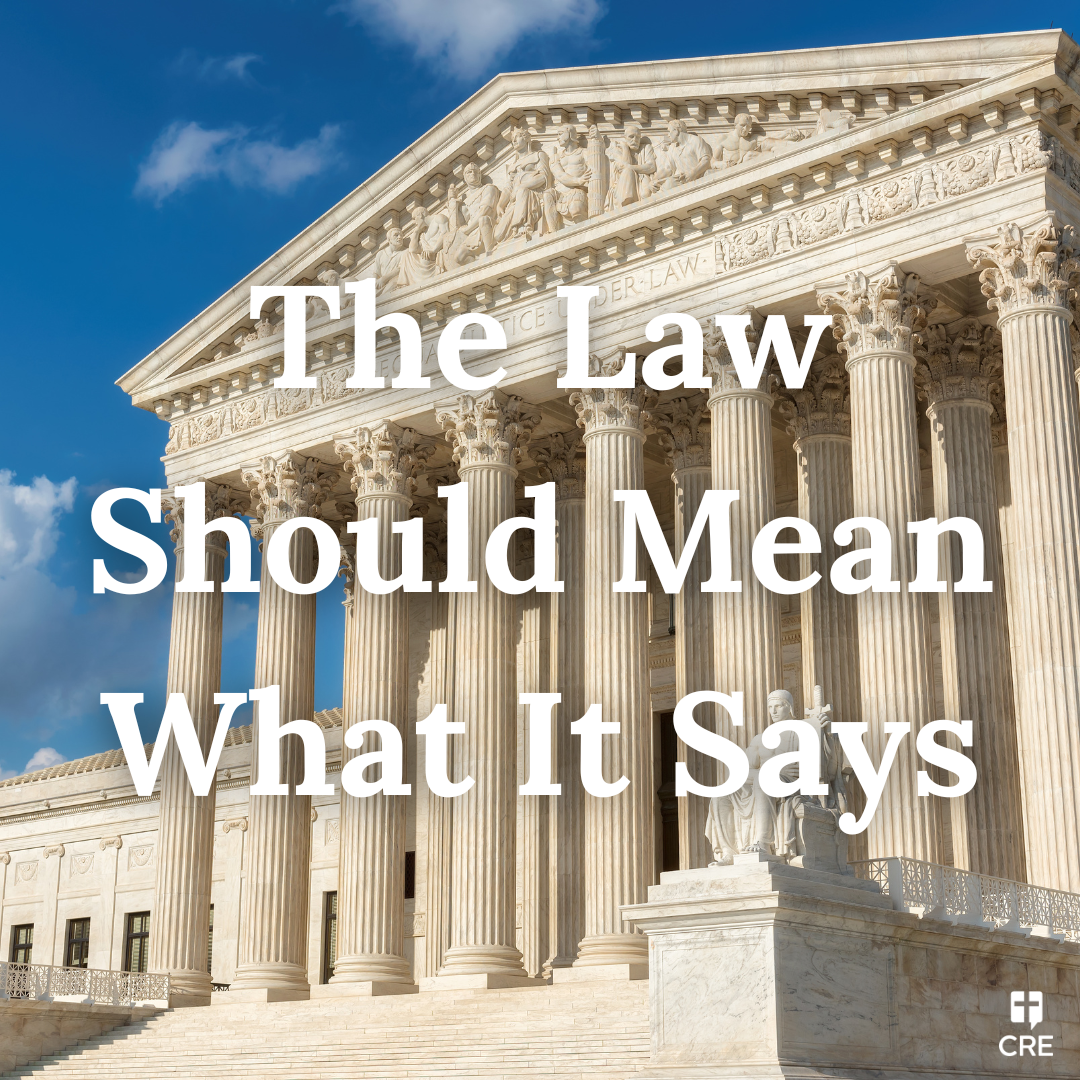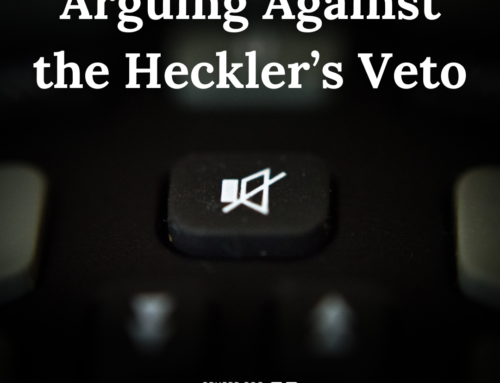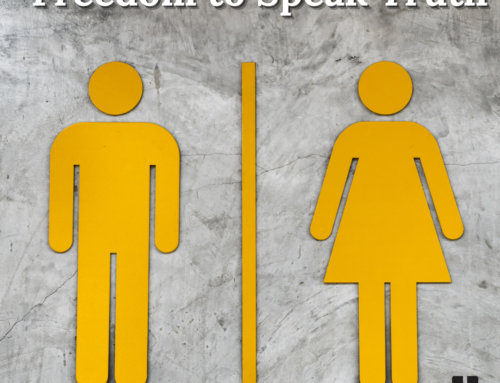Washington, D.C. — April 22, 2019. Today, the United States Supreme Court agreed to hear an important case to determine whether unelected officials at the EEOC can rewrite the laws to force private businesses to allow males to dress as females in the workplace.
Federal law prohibits employers from discriminating based on race, skin color, religion, sex, and national origin. At the same time, maintaining dress codes that distinguish between biological males and females has never been considered invalid discrimination. The law (Title VII) has recognized this common-sense distinction since it was passed by Congress over half a century ago.
But, adherence to common sense put Harris Funeral Homes, a small family-owned business, in the crosshairs of activist bureaucrats at the EEOC. Harris Funeral Homes maintains a simple dress code that requires employees to dress according to their biological sex while on the job. This understanding fosters an environment where employees blend into the background out of respect for grieving families. So when a male funeral director refused to comply with the policy, Harris Funeral Homes had to let him go. The EEOC then sued the funeral home arguing that “sex” actually means “gender identity” and not the immutable fact of biological sex that has defined the law for decades. And shockingly, the Sixth Circuit Court of Appeals accepted this redefinition of the law.
Fundamentally, only Congress has the authority to rewrite the law. Comprised of elected officials, Congress answers to its constituents and can properly weigh the costs of adding “gender identity” to the definition of employment discrimination. Letting the EEOC rewrite the law according to their own beliefs and political agendas leaves private businesses at their mercy, unable to rely on what the law actually says. And, the impact of adding “gender identity” to the discrimination law would be devastating to businesses like Harris Funeral Homes. The fluid and subjective nature of “gender identity” eviscerates any semblance of sex distinctions in dress codes, making it impossible to manage a working environment.
The Supreme Court must ensure that the law will continue to mean what it says and that the people, through their elected representatives, decide what changes to the law, if any, are made.
Center for Religious Expression is a servant-oriented, non-profit 501(c)(3) Christian legal organization dedicated to the glory of God and the religious freedom of His people. For more information, visit http://www.crelaw.org.






